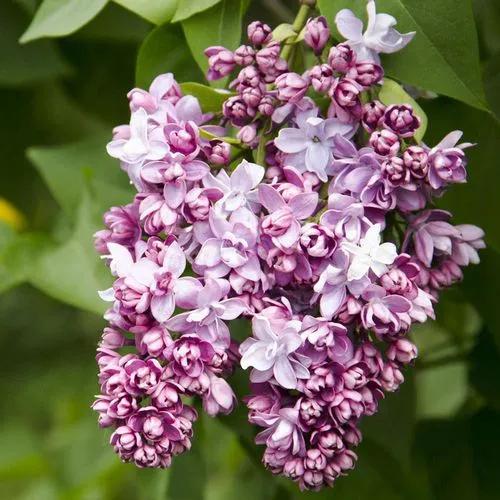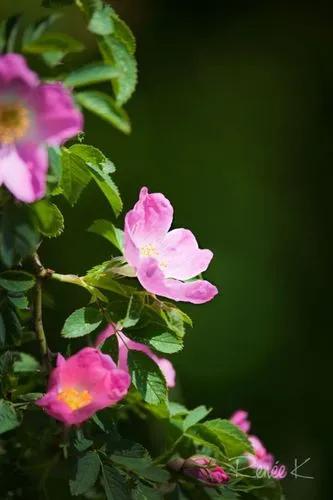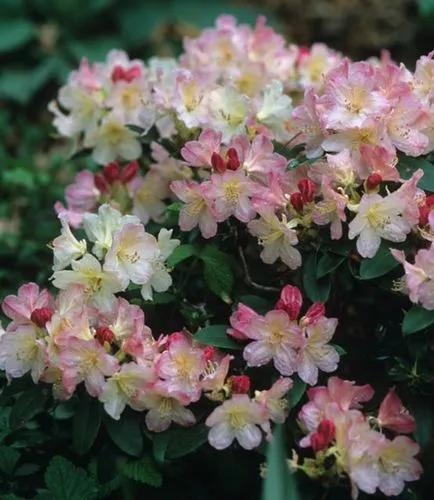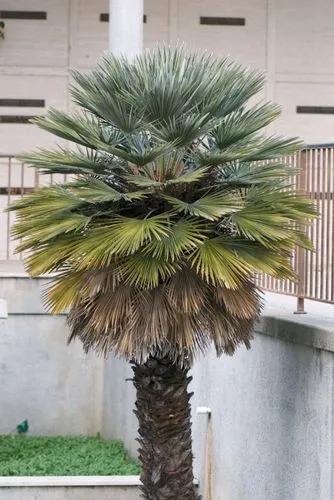Crocus vernus is a species in Family Iridaceae, native to the Alps, the Pyrenees, and the Balkans. Its cultivars and those of Crocus flavus are used as ornamental plants. The Dutch crocuses are larger than the other cultivated crocus species.
Spring crocus Care
Crocus vernus



Crocus vernus is an early spring blooming bulb (actually a corm) that is primarily native to high alpine areas in Europe (Pyrenees, Alps and Carpathians). Many popular hybrids of this crocus have been developed over the years. Species plants and hybrids are commonly called Dutch crocus, large flowering crocus, giant crocus or spring crocus. Flowers bloom in early spring for about three weeks (typically beginning in late March in the St. Louis area). Flowers close at night and open up in the morning, but usually remain closed on rainy/cloudy days. Basal, grass-like leaves. Foliage yellows as plants go dormant several weeks after bloom. Genus name comes from krokos the ancient Greek name for saffron (Crocus sativus.) It is one of the most ancient plant names.
How to Care for the Plant

Water

Crocuses are generally low-maintenance plants. They like to be watered regularly in the spring and fall. If there is no snow cover, the bulbs will also need water throughout the winter. However, they go dormant in the summer and prefer drier soil during this time.

Fertilizer

Crocuses do not require a lot of fertilizer. They store their own energy in their bulbs, which is why it is essential that you do not cut back the leaves until they begin to turn yellow. However, a light top dressing of bulb food or bone meal in the fall is a good idea if you have poor soil.

Sunlight

Choose a place in full sun to part shade.

Soil

It is easily grown in average, medium moisture, well-drained soils. Plants perform best in gritty, well-drained soils. Avoid heavy clay soils or moist soil conditions. Cover the beds with mulch before the winter.

Temperature

These plants can be grown in the areas with the lowest winter temperature of -40°C (-40°F). They bloom and survive best where winters are cold. Crocus bulbs need a 12- to 15-week period of cold temperatures of around 35 to 45°F to set their blooms.

Popularity

563 people already have this plant 155 people have added this plant to their wishlists
Discover more plants with the list below
Related articles






